

Ubisoft has officially announced their latest exercise in historical fiction: Assassin’s Creed Syndicate. Known for months by the name “Victory,” the story and gameplay details we’d heard rumors about were confirmed in the official reveal. It’s set in Victorian England, stars two Assassins, and will return to the series’ roots where the Assassins are among the downtrodden and disenfranchised of society. It actually looks interesting and we were shown just enough that it seems as if it could actually be good.
But we’re all still stinging from the disaster that was the Assassin’s Creed 2014 launch. Syndicate‘s premiere should have been an exciting reveal of the latest game in Ubisoft’s series of murderous Magic School Bus trips through history. Instead, it was a wary glimpse at a product consumers are no longer sure will be any good.
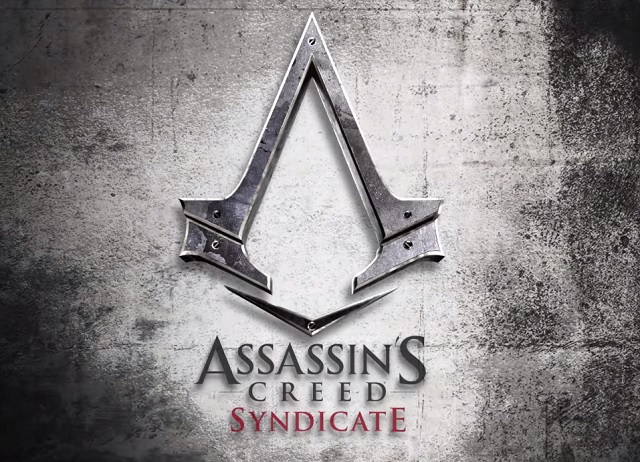
Before the launch of Unity, the Assassin’s Creed series had a reputation for being decent, if not spectacular. Unity was bad enough to erase a lot of that good word-of-mouth. This, combined with a few other Ubisoft missteps in 2014 (Watch_Dogs, microtransactions, etc), made the Assassin’s Creed series the punchline to an embittered joke about the state of gaming.
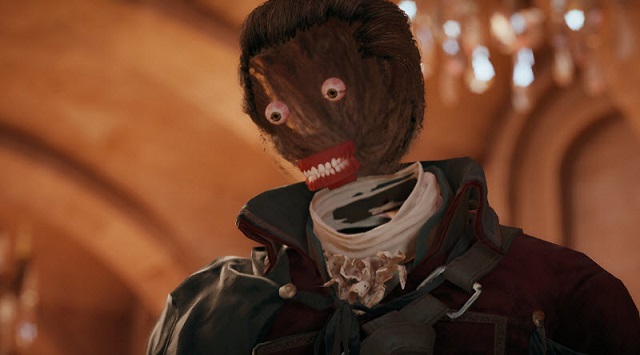
But, as a longtime series fan, I say it doesn’t have to be that way. Here are a few things Ubisoft can do to win back the crowd with Syndicate.
The launch of Unity was a catastrophe. Bugs, glitches, engine problems, and more were compounded by a blithe non-response from Ubisoft. The game was almost impossible to play on PC, and was only marginally better on consoles. Despite this, the first patch released for the game fixed, of all things, a problem with the in-game credits which facilitated the microtransactions (oh, you can get rid of those in the future, too). It was a mess, and even Ubisoft finally admitted it.
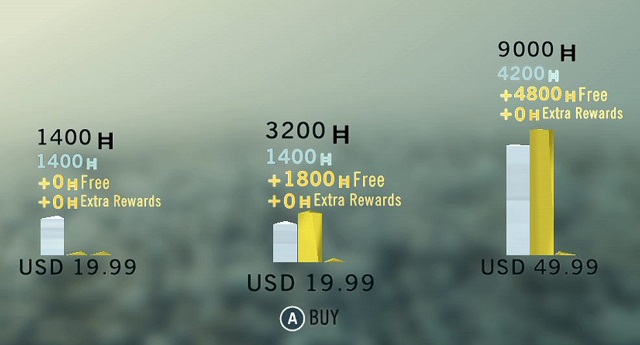
There are two ways Ubisoft can begin to regain consumer goodwill with regards to the technical integrity of their games. First, don’t rush Syndicate through QA while the testers are strung out on sleeping pills. That’s the only explanation I’ve been able to come up with for the Unity launch.
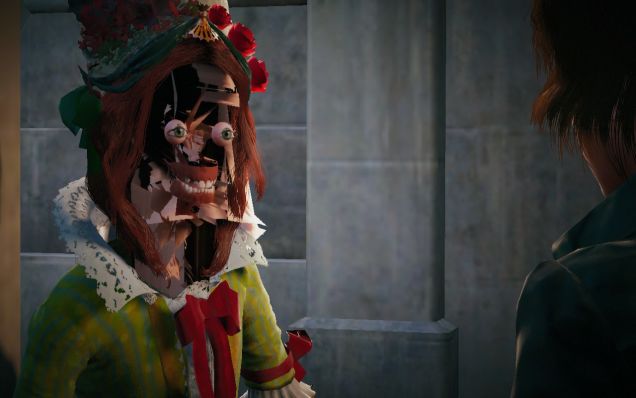
Second, take its time. The original Assassin’s Creed isn’t even ten years old, and Ubisoft has already released eight more games in the series. It’s okay to take a couple of extra months to breathe. I understand the need for swift financial returns considering how expensive games are to make, but AC has a devoted core fanbase that is willing to wait. Push another game out prematurely, and the team runs the risk alienating them and tainting the series’ name on the market further. This is one of those occasions when a delay would actually give consumers MORE confidence in the game.
Two popular games came out in 2014 that used companion apps as a crucial supplement to their gameplay. One was Destiny, and the other was Assassin’s Creed Unity. With Destiny, we gave it a disgruntled pass because the only thing on the app was the codex. Unity, however, tried to make its app a core part of the gameplay. There were a number of chests within the game that could only be opened after you’d completed little mini-missions on the app, which would often fail to work anyway.
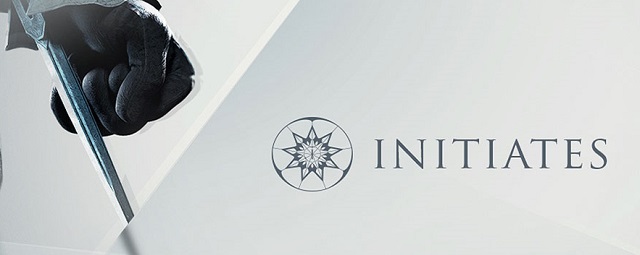
We all also got very tired of the intrusion of the Initiates website that invaded via Uplay. While none of the things that were accessible through the Initiates program were essential to the game, seeing them was enough to throw off the game’s already-tenuous sense of engagement. Ubisoft eventually patched the game so that all chests could be opened without reference to either the app or Initiates, so clearly they saw that their little multimedia experiment failed. That’s progress, Ubisoft. Now don’t do it again.
There are two different protagonists of this newest AC game: Jacob and Evie Frye, twins who share Assassin lineage and training. Supposedly, players will be able to switch freely between the twins during open-world play, and they will each have their own side missions. We’ll be forced to play as one or the other during story missions, and I hope one doesn’t get the lion’s share of attention at the expense of the other. The problem with these two is that they need to be just different enough that one doesn’t get the idea that they were originally one character split in twain for the sake of diversity.
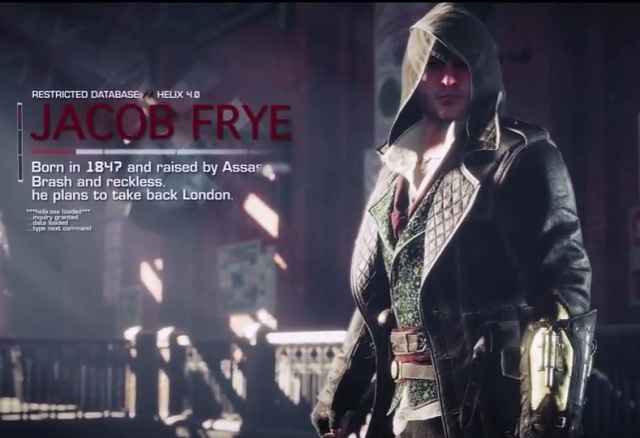
If you want to make sure that the two of them are equally fun to play, they must make the twins different, but give each essential skills. The two are going to get their own skill trees, with Jacob being more of a brute while Evie is the sneak. As an example of what not to do, compare Aveline’s disguises in AC: Liberation. While each outfit Aveline wore was supposed to have its strengths, these were often cosmetic at best; she could brawl just as easily wearing a fancy gown as she could wearing her Assassin gear. Jacob and Evie must be different yet equally powerful if they’re to stand up together both in the story and the world itself.
There are many, many valid things you could blame the horrible Unity launch upon, and one which isn’t mentioned much is Assassin’s Creed Rogue. Playing both of them at the same time, one gets the sense that they were meant to be one game, thematically if not literally. If you’re one of the many people who forgot about Rogue because Ubisoft refused to give it a spotlight in the marketing, here’s the game in a nutshell: It’s a reskin of assets from AC3 and Black Flag, lacking the visual bloom that Unity has; but it has a better story with more canon resonance and intentional moral ambiguity.
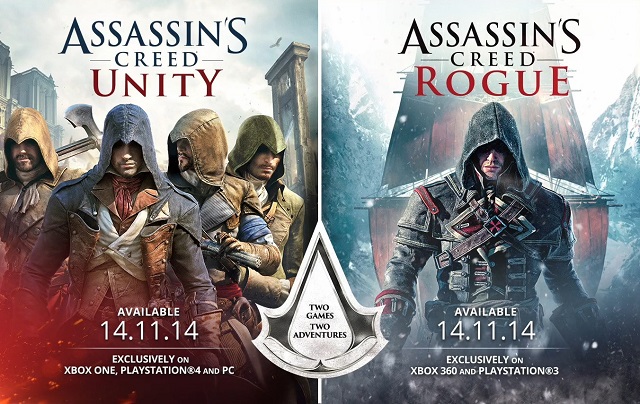
I don’t know what possessed Ubisoft to make two games in one year, besides a vain attempt to double sales by making sure there was an option for those with last-gen consoles. I’d have been impressed if both games had been functional, let alone good; but Unity was neither and I think Rogue was part of the reason. One things is clear: If Ubisoft wants Syndicate to succeed, they’re going to have to put all of their eggs in this one smoke-blackened, Dickensian basket. Thankfully, Ubisoft has announced that it done with last-gen consoles, so it looks like it aggrees with us on this one.
Even before the disastrous Unity launch, Ubisoft was taking heat for adding co-op to a game which has always been about lone Assassins. While cool heads pointed out that no one necessarily wanted the multiplayer introduced in Brotherhood and it turned out alright, this was one of those times when the hotheads were right on the money. Ubisoft has apparently taken that criticism very much to heart, because they’ve said that there will be no co-op OR multiplayer in Syndicate.
No co-op or multiplayer means the developers can focus on the narrative, and I hope they won’t miss this chance to do so. The biggest problem with the story in Unity was a lack of focus. Arno was the protagonist, but he had little motivation. The Assassins wanted nothing to do with the French Revolution, and their conflict with the Templars was even more token than usual. All of the interesting characters from the time period aren’t allied with either faction, and some of them even manipulate Arno for their own gain.
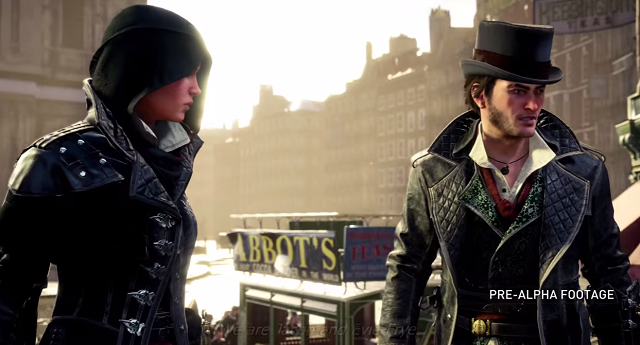
This feather-light tale gave the player the distinct impression that Unity wasn’t our story. Arno, and the player by extension, mattered so little that it felt sort of pointless to play. So don’t go aloof on us again, Ubisoft. Make Jacob and Evie the actual main characters of the game. Make us eager to see their story through to the end.
What would Ubisoft have to do to make their latest Assassin’s Creed game appeal to you? Has the series been permanently ruined, or do you think this stab-fest in Victorian England will redeem it? Let me know in the comments section below!
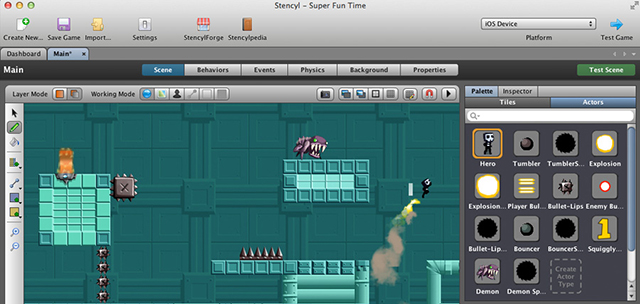
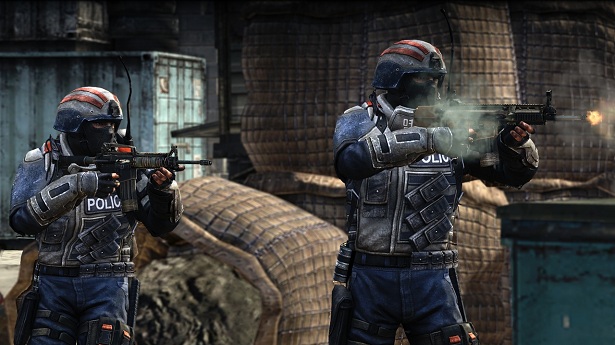
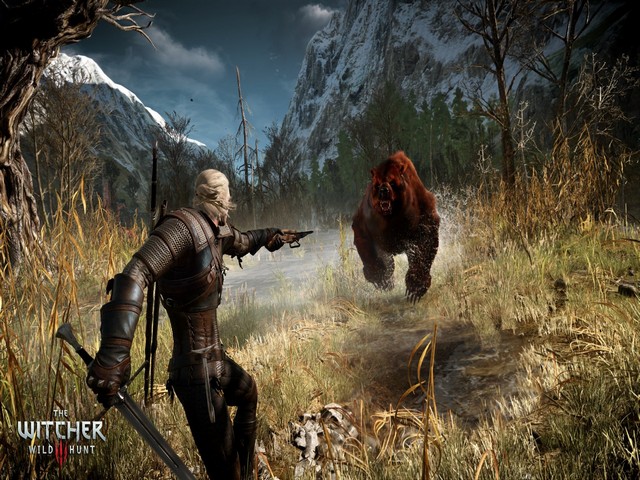
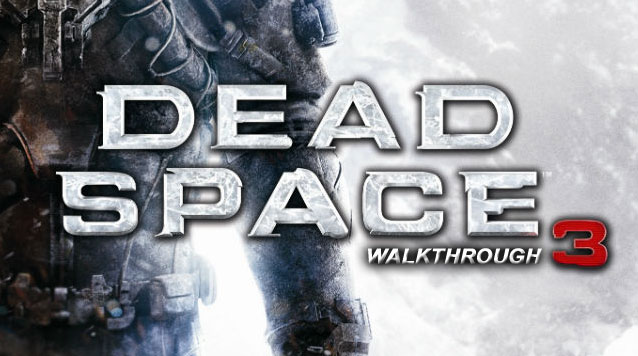
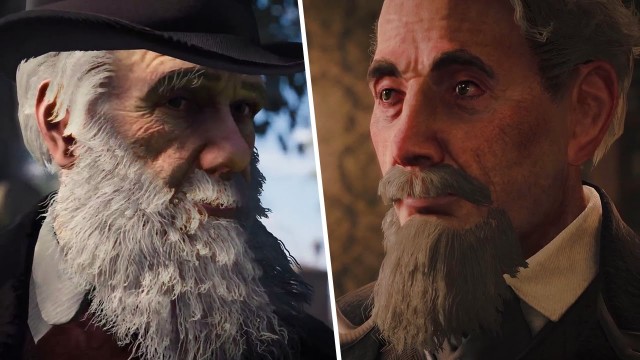 How To Fix Assassin's Creed Syndicate Darwin and Dickens Code Error WC-40376-0 On PS4
How To Fix Assassin's Creed Syndicate Darwin and Dickens Code Error WC-40376-0 On PS4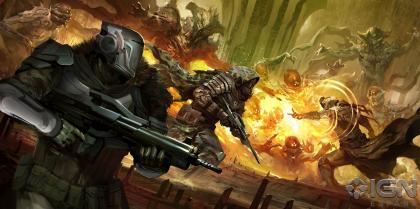 How to get Destiny The Dark Below Heart, Hand and Eyes of Crota, Location and Tips Guide
How to get Destiny The Dark Below Heart, Hand and Eyes of Crota, Location and Tips Guide Tales from the Borderlands Wiki – Everything you need to know about the game .
Tales from the Borderlands Wiki – Everything you need to know about the game . The Lego Movie Videogame Wiki – Everything you need to know about the game .
The Lego Movie Videogame Wiki – Everything you need to know about the game . Watch Dogs: Outfits List and Perks
Watch Dogs: Outfits List and Perks